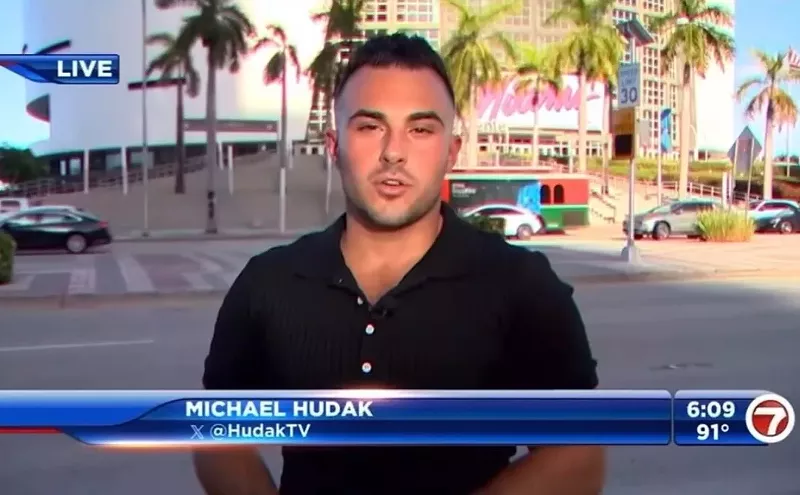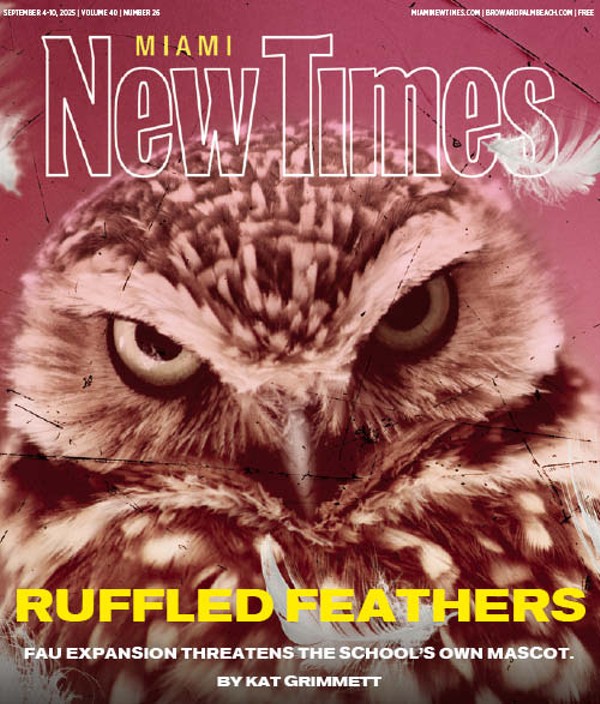It's fascinating to see in the film this story develop from a funny little thing about tickling and into what amounts to a bizarre conspiracy thriller. At what point did you know you had a real film on your hands?
Reeve: It was just an “Oh, isn’t that interesting” thing when David first came across it on the internet — people being paid to tickle each other on video. That was going to be like a two-to-three-minute story at the end of the news, you know, after the weather. It was only after the crazy overreaction and the angry e-mails and threats of legal action came that we knew there was something strange going on.
Farrier: When I received a warning letter from an American attorney and then a New Zealand attorney — that’s when I knew there was more to this story. And the point I knew we had an actual film was when they sent three men from New York to Auckland —
Reeve: We were thinking that it was a 40-50 minute thing we’d sell on Vimeo for $5 a pop. We’d done a Kickstarter, and we raised about $25,000 — enough for airfare,
In many ways, this film is not really about
Farrier: Very early on, we understood that power and control would be the thematic center of the film. Tickling itself is about power — someone has power over somebody else. And as we progressed we saw that the person behind it all was asserting his power in other ways as well, through power and control over the participants or over us.
And yes, it’s a film about power and money. That came through in the ways we used various scenic shots — like a hawk eating a squirrel. When we were in New York, one of the choices we made was to make things green, the color of money. There are certain buildings you see, and we graded the images to look like a shiny green. Then, when we’re in poor Muskegon, we made sure it was very gray and washed-out white. We wanted each city we were
David, you’re known in New Zealand for your lighthearted news stories. This wound up being serious, and I’m impressed with your on-camera bravery in just walking up to people — in some cases, people quite hostile to you — and confronting them. Were you ever wary of doing so?
Farrier: It might have just been naïveté. When I first started in New Zealand, I was in more of a news environment. I’d knock on lots of doors, and my bureau chief would send me around to cover stories, so I had some experience in that world. But, you know, we have this expression in New Zealand, “She’ll be right.” So as far as the idea of walking up into situations that are a little bit dicey — basically, give it a go, and see what happens. Also, we don’t have the same fear of being sued that you do in America. It’s very rare. I’ve never been threatened with legal action before, and I’ve done a lot of stories here, even ones where I’ve gotten in people’s faces.
Reeve: Americans sometimes say, “I can’t believe you walked right up to them! How did you do that? What if they had a gun or something?” It’s just not a part of the thought process for us.
David, did you ever consider not putting yourself so front and center in the film — to go in a more “objective” direction, as it were?
Farrier: There was a huge discussion about this actually. The Imposter was a reference point for a documentary that was told entirely through the power of storytelling. But then you have something like Biggie and Tupac, where the audience is on this journey with the filmmaker. In the end, we decided it was such a complicated story that having a narrator would help a lot. And so much of it had happened to me: My stumbling into it and how things escalated were really a key part of the story, and there was no way around that. So the film unfolded in the way the story itself unfolded. We also talked a lot about how Dylan would be involved. We decided he’d be part of this road trip, which would give me someone to talk to
The film goes through transformations — from initially funny and light to creepy and dark. But right at the end, you actually strike a poignant note, and an unlikely one, by delving into the past of the one person who may be behind all this. Can you explain that choice?
Reeve: It wasn’t so much a choice; that’s kind of how it unfolded. All those moments, they echo the experience that we went through. Right at the end we discovered this person, and it changed the emotional tone of the film. What the audience experiences at that point is what we experienced at that point. We were sitting in the car after, discussing the same things the audience is thinking at that point. It changed our perceptions a bit of the people involved.
I like that you included Richard, another
Farrier: He’s very representative of the other side of this story. We’ve got one side where this whole game gets out of control. But with Richard we wanted to show what tickling was as a fetish: We wanted to show someone who is open and proud about what he was
Did you let Richard tickle you?
Farrier: Yes. That was part of the deal with Richard giving me an interview. He said over e-mail, “If I’m going to give you an interview, then I get to tickle you in my tickle chair.” I first thought it was a joke, so I said okay. But when I got to Florida, there it was. And I was strapped into this tickling chair for 10 minutes — leg
So, what kind of harassment have you faced with this film?
Farrier: It came in blocks.
Reeve: After we shot the bulk of the film, we went quiet for a long time. We stopped talking or posting about it. So things didn’t really pick back up until the film premiered at Sundance. Kevin [a producer for Jane O’Brien Media, the company whose tickling videos are at the center of the film], one of the people we see in the film, did turn up at a Sundance screening and caused a bit of a scuffle, but he didn’t directly communicate with us. It wasn’t until David was at the True/False Film Festival in
I was at that festival. The atmosphere was tense at the screening I attended because somebody had been caught taping the film earlier.
Farrier: There were a lot of things at that festival. There were two private investigators sent from New York, it looks like, to record the film. They had a coffee cup with a recording device in there. We had to take them out. Then I guess they followed me to a filmmakers’ event, and this woman tapped me on the shoulder and said, “Are
Since you first premiered the film, have you heard from other people who were involved in some of these tickling videos?
Farrier: We’ve heard from a lot of








